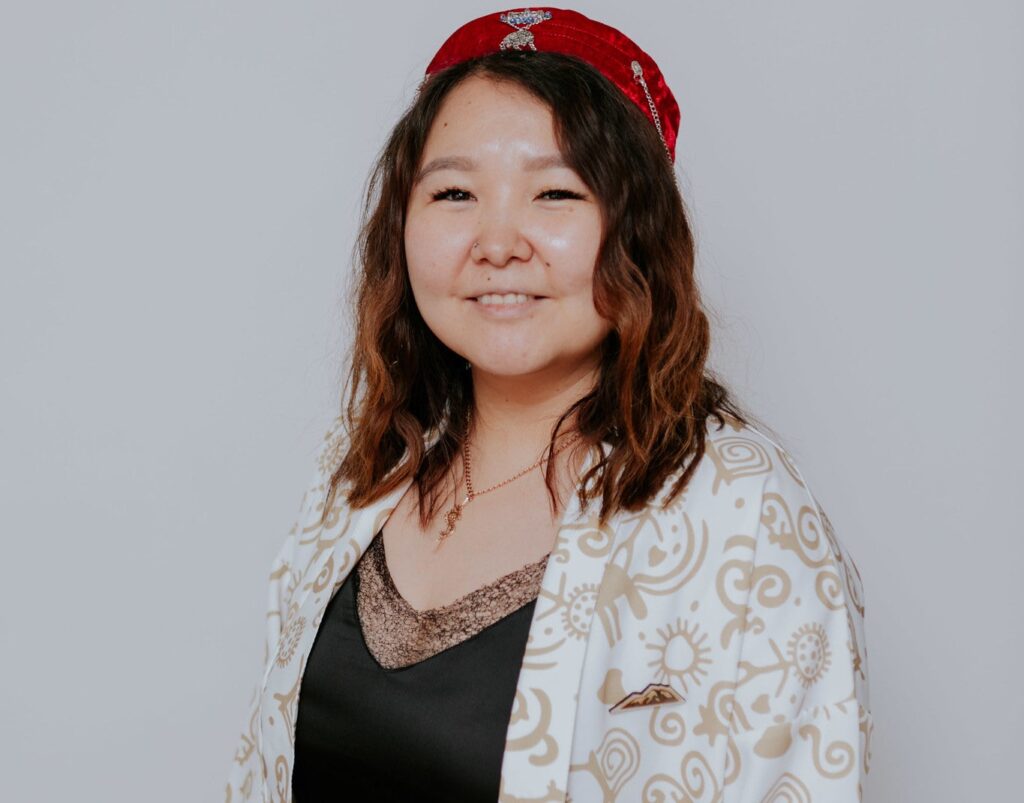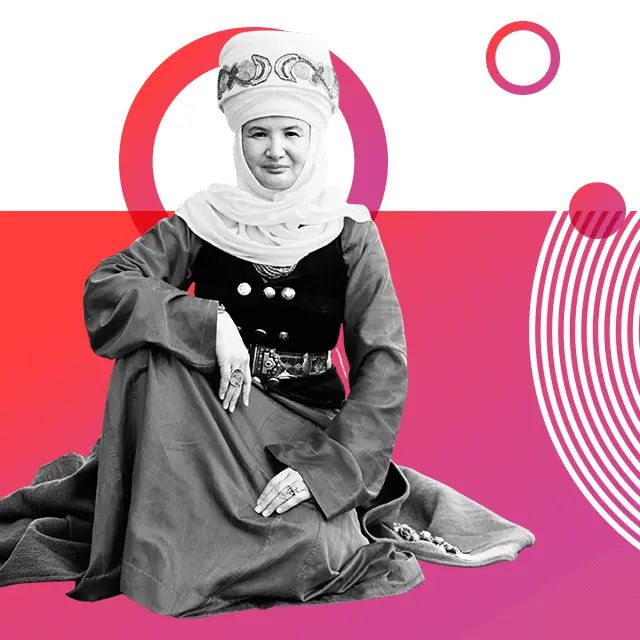The Kyrgyz AI Startup Making U.S. Immigration Simpler
These days, public debate is dominated by the issues of immigration and AI. But until the emergence of the new startup Alma, they had existed as entirely separate discussions. Alma's co-founder Aizada Marat, raised in Kyrgyzstan, has been one of the first to ask: can AI be used to simplify immigration? Marat first came to the U.S. as a FLEX (Future Leaders Exchange) student when she was 17, before graduating from Harvard Law School in 2015. It was then that her own immigration problems began. Due to visa issues, Marat had to move to London, before coming back to America three years later. “Since relocating to the Bay Area in 2018 [for family reasons] the seed of becoming a founder was planted in my head.” Marat has said on her social media. “When I moved back to the U.S., that's when the immigration nightmare began. As I would with any other service provider, I used Google to find lawyers who could help me with my immigration process. I found a firm. I hired them. I was given the wrong advice. That advice led me to almost miss out on a job offer that, thankfully, I later secured. I also couldn't travel and see my family during that time. With that frustration in mind, I realized I had to start a company to solve the problem professionals were facing.” [caption id="attachment_32658" align="aligncenter" width="2048"] Image: Aizada Marat/Alma[/caption] Before Marat could become an entrepreneur, she needed to learn more about business. This is how she ended up at McKinsey, one of the leading global consulting firms. Soon after, Alma was born. Alma is a legal-tech startup, which uses AI to simplify the immigration process. The company was founded in October 2023 by Marat and Assel Tuleubayeva, a former product manager at Step. A month later the startup secured $500,000 of investments from Village Global, John Hale, and other angel investors. In March 2024 Marat and Tuleubayeva found Shuo Chen, who was previously a manager with Uber. In July 2024 Alma raised $5.1 million in combined seed and pre-seed rounds from leading venture capital funds..Last month it was selected for Google Cloud’s AI Accelerator. Alma was founded as a company offering solutions for law firms, but in 2024 it took the decision to help professionals directly, without any intermediaries. Marat, Tuleubayeva and Chen are immigrants themselves, who combined have had to apply for around 15 separate visas to allow them to work in the U.S. This month Alma reached over 300 clients, including both B2C and B2B. “I'm an immigrant who went through the immigration maze myself, so this is deeply personal", Marat tells The Times of Central Asia. "With my legal and business background, starting Alma made perfect sense. Immigrants drive the U.S. economy, and to stay competitive in the AI race, we need to help the best talent achieve their American dream." She adds: “Alma disrupts the immigration in the US and forever streamlines it for the better. Small and big companies...





